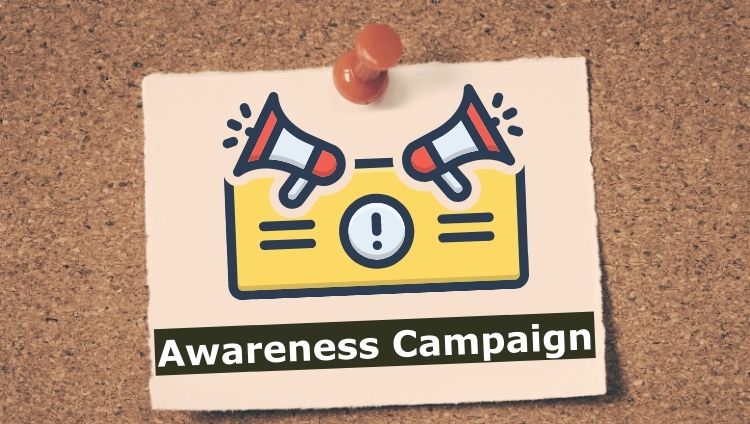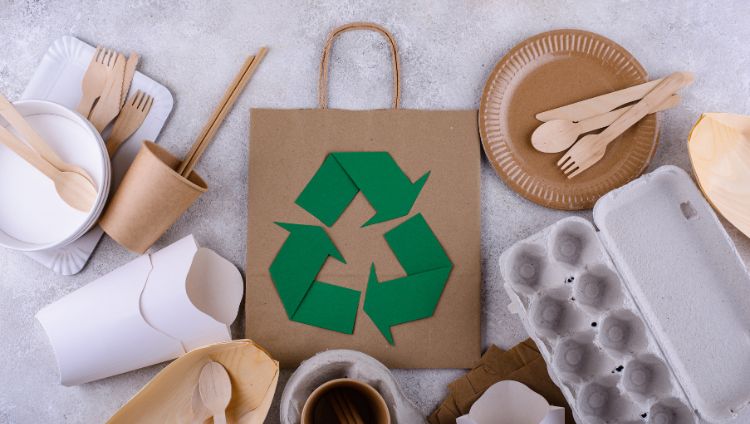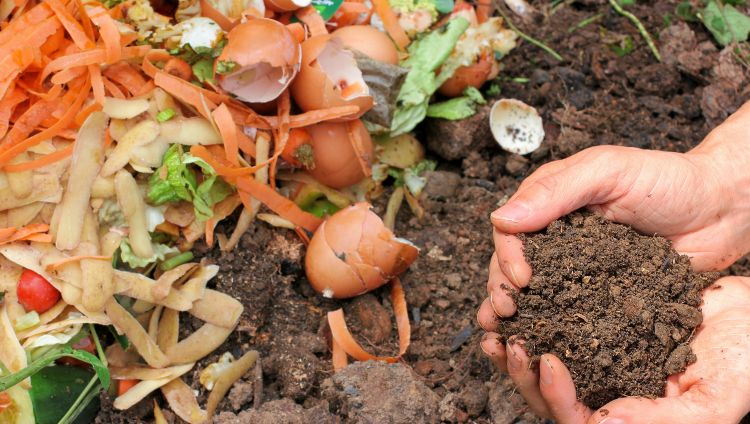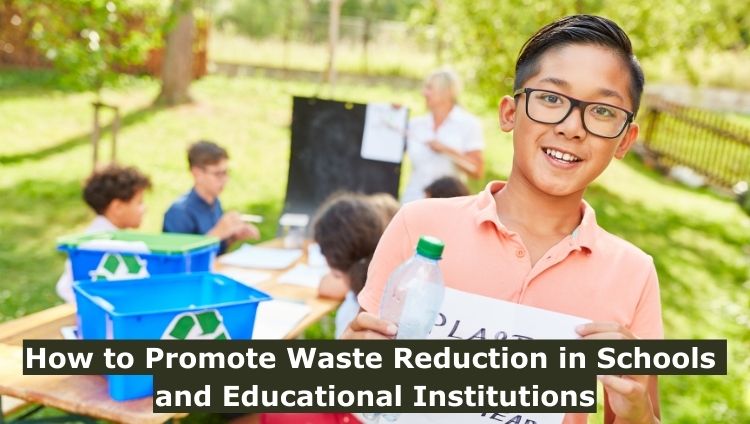Promote Waste Reduction by educating students on the importance of sustainability. Schools and educational institutions play a key role in teaching young people how to reduce waste and protect the environment.
When schools use waste reduction methods in their daily routines, it can make a positive difference for both nature and the students themselves. Now, you can find some helpful tips on How to promote waste reduction in schools and educational institutions.
Awareness Campaign
Schools and colleges are amazing places to spread the word about cutting down on waste and how it affects our planet.
Try out fun educational programs that show how cool it is to reduce waste, recycle, and make compost.
Get everyone involved! Think of creative workshops, exciting talks, and cool posters to get students, teachers, and staff excited about helping the environment.

Introduce Recycling Programs
We’ll put recycling bins all around the school for paper, plastic, glass, and things we can recycle. We’ll show everyone the right way to sort their items, so we can recycle as much as possible and make it work well.
Establish a Waste Reduction Committee
Let’s gather a special team for waste reduction, including teachers, staff, students, and administrators. This team will work together to come up with ideas and put them into action to reduce waste all around the school.

Conduct Waste Audits
To start reducing waste, it’s important to assess both the quantity and disposal methods of our waste. Conducting waste audits is a crucial step in this process, as they help us analyze the types and amounts of waste we generate.
By reviewing this data, we can pinpoint the areas with the highest levels of waste generation and disposal. This allows us to target our efforts where they will have the greatest impact.
Reduce Single-Use Plastics
Let’s motivate everyone to use reusable water bottles, lunch containers, and utensils.
We can have special events, like “Plastic-Free Week,” to show how much single-use plastics affect the environment and inspire us to make better choices.

Green Procurement Policies
Green Procurement Policies” means that we will buy things in a way that helps the environment.
We’ll look for products with less waste and made from recycled materials when we shop. This way, we’re doing our part to be eco-friendly.
Monitor Food Waste
Work with the school cafeteria to minimize food waste. Implement practices like portion control, food-sharing programs, and donating excess food to shelters or food banks.

Implement a Waste Segregation System
Establish a waste segregation system featuring visibly labeled bins designated for various waste categories, including recyclables, non-recyclables, and organic waste.
Promote adherence to the segregation guidelines among students and staff to ensure correct disposal practices and streamline recycling procedures.
Related Post: What does Waste Management do with Recycling?
Promote Reusable Items
Encourage the use of reusable items such as water bottles, lunch containers, and stationery.
Discourage single-use items like plastic cutlery and paper cups by providing alternatives or implementing a “bring your own” policy. Organize campaigns to showcase the benefits of reusable products and their positive impact on waste reduction.

Introduce Composting Initiatives:
Implementing composting for organic waste leads to a substantial reduction in landfill-bound materials. Introduce a composting program within the organization by installing bins for kitchen scraps and garden clippings.
Use the resulting compost to enrich school gardens or contribute to nearby community green spaces.
Related Post: How To Implement Composting At Home?
Partner with Recycling Companies:
Collaborate with local recycling companies or waste management agencies to ensure that recyclable materials are collected and processed efficiently.
Organize collection drives or set up recycling points within the institution for paper, plastic, glass, and other recyclable materials.
Monitor and Celebrate Progress
Continuously monitor waste reduction efforts and track progress using metrics such as waste diversion rates and reduced landfill contributions. Celebrate achievements and acknowledge individuals or groups who actively contribute to waste reduction initiatives.
Composting
Composting is a great way to divert food scraps and organic waste from landfills while enhancing soil quality.
By placing compost bins in school cafeterias and kitchens, we can easily collect these organic materials.
The compost produced can be used to enrich school gardens or donated to local farms, promoting community sustainability.
Involving students in composting activities helps raise environmental awareness and teaches them the value of nutrient recycling.

Frequently Asked Questions
How can schools encourage the use of reusable items?
Schools can encourage the use of reusable items by providing reusable water bottles, lunch containers, and utensils as part of school merchandise or incentives.
Promote the use of cloth bags or backpacks instead of single-use plastic bags. Raise awareness about the environmental impact of disposable items and the benefits of using reusable alternatives through educational campaigns and workshops.
What are the benefits of composting in schools?
Composting provides various advantages within educational institutions. Firstly, it redirects organic waste away from landfills, thereby diminishing greenhouse gas emissions.
Secondly, compost can enrich school gardens or be contributed to nearby farms, fostering sustainable agricultural practices.
Additionally, composting serves as a valuable educational resource, imparting knowledge to students about the nutrient cycle and the significance of recycling organic matter.
What are some creative ways to encourage students to participate in waste reduction initiatives?
To engage students in waste reduction initiatives, schools can organize interactive and fun activities.
This may include waste reduction challenges, eco-friendly art projects, or competitions that reward students for coming up with innovative waste reduction ideas.
Schools can also involve students in the decision-making process and empower them to lead eco-clubs or green committees, giving them a sense of ownership and responsibility for sustainability efforts.
Why is waste reduction important in schools and educational institutions?
Waste reduction in schools is crucial for several reasons.
Firstly, it helps minimize the environmental impact of waste disposal, reducing the burden on landfills and incinerators.
Secondly, it fosters a culture of environmental responsibility and sustainability among students and staff.
By promoting waste reduction, schools can set a positive example and inspire the younger generation to adopt eco-friendly habits.
Conclusion
Promoting waste reduction in schools is not only beneficial for the environment but also a chance to educate and motivate the future generation of eco-conscious leaders. Through recycling programs, encouraging the use of reusable items, and hosting interactive activities, schools can make a significant immediate impact while helping students develop lasting eco-friendly habits.
Let’s work together to make sustainable living a norm. By joining forces, we can build a healthier, more sustainable future for all!
If you want to discover some great tips on how to manage waste more effectively, click our Blog.


